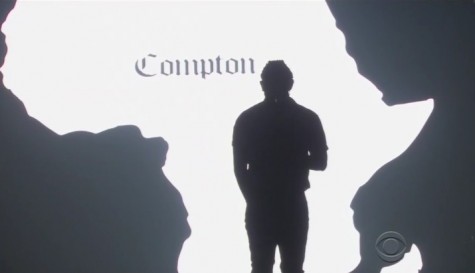“What About White History Month?”

“What About White History Month?”
This question returns every year in the the weeks leading up to February like clockwork. And it has ever since the winter month of February was set aside as a time to celebrate black history and all that goes along with it. On the surface, it seems to be a reasonable question: “If there is a BLACK history month, why isn’t there a WHITE history month?”

The short answer: because we don’t need one. Every month is white history month, and all history is, essentially, white history. Unless there is a class specifically geared towards black history, the majority of history classes focus primarily on white people. Sure, there are flashes of black people and their accomplishments sploshed in there – you have George Washington Carver with his peanuts and Harriet Tubman with the underground railroad, but so many black accomplishments go unrecognized and undocumented. Granville Woods, for example, was comparable to Thomas Edison in virtually every facet of invention. The reason we don’t know about him is because the color of his skin during his time was not appreciated, and the same sort of thing continues to perpetuate itself in the present. It is vital to the black community, and everyone, that the accomplishments of black people be recognized and appreciated.

If you are still not convinced that a white history month is not necessary, think about it from a logistical standpoint – it is simply not feasible for all of white history to be packed into a single month. White people have been the narrators of much of the history taught and learned in school. To try and fit all of this information into one month is not only impossible, but also reactionary. It is only when Black History Month comes around that a White History Month is even thought about.

Black History Month ensures that black people as a whole are not forgotten. We are here, don’t ignore us and our contributions to society and this great country. As a minority, it is important that our history and culture be preserved so that we may continue to survive and remember who and what we live for. It is the one thing that can’t be taken away and something we’ve managed to keep to ourselves.











Heather • Mar 1, 2017 at 9:54 am
I could not agree more. It’s strikes me as almost comical the way companies who makes history texts books “diversify” what we learn; you get through maybe a chapter or two and ,there it is the ONE paragraph if even that highlighting one black historical figure… that is not the way we should be learning history. It is embarrassing to say that I do not know a single thing about African history, until I came to school here I probably couldn’t name more than 15 countries outside of Europe. What they teach kids isn’t world history it’s white history. The only time we ever learn about African American history is during the civil war and most minorities we don’t even hear that much about. This is why we need a black history month because if the schools arnt teaching it someone needs to.